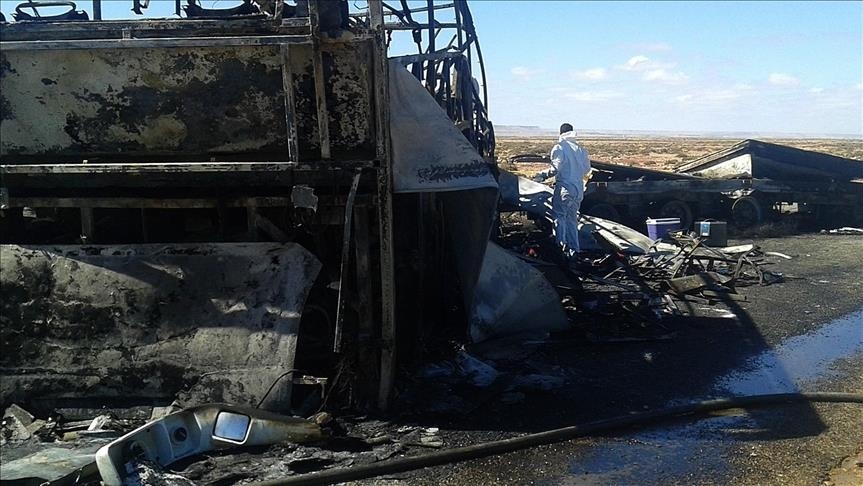Global Courant
A union representing longshoremen in Western Canada has officially launched a strike, a move that could have ripple effects beyond the US’s northern neighbor.
The Longshore Division of the International Longshore & Warehouse Union Canada announced that the strike began in a Saturday Facebook post signed by union president Rob Ashton. More than 99% of union members, who support West Coast ports like Vancouver and Prince Rupert, voted to approve the strike last month. The notice of the strike came on Wednesday.
“The ILWU Canada Longshore Division has not taken this decision lightly, but for the future of our workforce, we had to take this step,” Ashton said in the post. “We still hope that a settlement will be reached through FREE collective bargaining!”
The union has been open to negotiations since February with the British Columbia Maritime Employers Association, which represents port owners, and remains willing to continue work on a contract, Ashton added.
The employers’ association, known as the BCMEA, said in a statement it has worked to “propose and express views in good faith, with the aim of achieving a fair deal at the table”. It noted the role of federal mediators and said it was open to “any” solution that could bring the parties to a balanced agreement, including a mediated arbitration process.
Cruise ships continue to sail and grain in bulk moves, but grain in containers does not. Canadian Labor Minister Seamus O’Regan Jr. tweeted seemingly in support of the ongoing negotiations between the two groups, pointing out that “the best deals for both parties are reached at the table”.
The two sides disagree on issues such as automation, the use of contract work and the cost of living for employees. Two mediators appointed by the Canadian government oversaw the talks, which continued until the end of May. Those conversations were followed by a so-called cooling-off period between the two groups.
A strike in western ports around holidays in both the US and Canada could impact the US economy, industry followers say. The Port of Vancouver and the Port of Prince Rupert are popular destinations for US trade because these ports are among the main ports of call for goods coming from Asia. Some logistics managers have told CNBC that train service from those ports is a lot faster than through the Port of Seattle or Tacoma.
The International Longshoremen’s Association has said so does not accept diverted freight from ports with workers on strike, while the head of the International Longshore and Warehouse Union, which represents dock workers on the US west coast, declaration of solidarity with the Canadian union, but did not mention any specific action.
The strike could lead to congestion in these ports with dockers unable to unload ships. Congestion can lead to backlogs and lead to delayed pick-ups from terminals, which can then lead to late fees that are often passed on to consumers – a situation similar to what has occurred during the pandemic.
“With the Canadian holiday and the 4th of July holiday, the volume of containers being shipped is lighter than usual, but now ships are not being worked on because of the strike,” said Paul Brashire, vice president of drayage and intermodal at ITS Logistics. “If this strike continues into the middle of next week, it will impact congestion at the Chicago and Detroit rail terminals for the next few weeks due to the amount of containers that would have built up and eventually moved to those rail terminals.”
Canadian ports are estimated to handle nearly $225 billion in cargo each year, with items from a variety of industries such as housewares, electronics and clothing transported by rail. According to Port Authority data, approximately 15% of consumer trade passes through the Port of Vancouver to or from the US. About two-thirds of the containerized import volume going to the Port of Prince Rupert goes to the US, port data shows.
Three class 1 railways operate in these ports: CN, Canadian Pacific and BNSF, a subsidiary of Berkshire Hathaway. In an email to CNBC, BNSF said it had no comment on a strike impact. CN was not immediately available for comment.
In a CPKC customer advisory issued Wednesday, the railway said: “The work stoppage associated with this notice may have an impact on port operations in British Columbia. At this time, we do not anticipate significant service interruptions as a result of this work stoppage and if As such, CPKC has not put any embargoes in place regarding a potential service interruption, but we are closely monitoring developments to evaluate any impact on shipments on CPKC’s network. We will provide updates as necessary.”
Steve Lamar, CEO of the American Apparel and Footwear Association, told CNBC that the “fragile and recovering supply chains cannot tolerate a strike,” as he urged the Canadian government to keep parties at the table.
(TagsToTranslate)Trade








